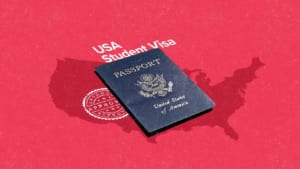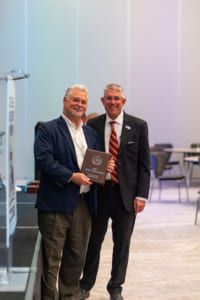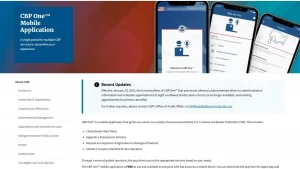 I am often asked by my EB-5 clients “Can I receive back my investment after filing the Form I-829 Petition, or do I have to wait until my I-829 Petition is approved?”
I am often asked by my EB-5 clients “Can I receive back my investment after filing the Form I-829 Petition, or do I have to wait until my I-829 Petition is approved?”
If investors submit and seek approval of their I-829 Petition, then under current law and policy they should be able to safely receive back their investment after filing the I-829 Petition.
The USCIS Policy Manual addresses the removal of conditions for EB-5 investors and has language that implies that once an investor has filed an I-829 Petition to remove the conditions from permanent resident status, the investment can be returned to the investor without waiting for the investor’s I-829 Petition approval.
The Policy Manual – at Volume 6, Part G, Chapter 5 – Removal of Conditions states:
“USCIS considers the immigrant investor to have sustained the actions required for removal of conditions if he or she has, in good faith, substantially met the capital investment requirement and continuously maintained his or her capital investment over the sustainment period.”
In a footnote following this sentence, the Policy Manual states:
“The sustainment period is the investor’s 2 years of conditional permanent resident status. USCIS reviews the investor’s evidence to ensure sustainment of the investment for 2 years from the date the investor obtained conditional permanent residence. An investor does not need to maintain his or her investment beyond the sustainment period.”
However, the Policy Manual does not explicitly say “once you file your I-829, you can receive back your investment”. Therefore, some in the EB-5 industry is conservative in advising that the safest action is to wait until final adjudication of the I-829 Petition. It is my opinion that the language “An investor does not need to maintain his or her investment beyond the sustainment period” – and the 2 years of conditional permanent resident status is the sustainment period – indicates that an investor can receive back his or her investment after filing the I-829 Petition. This conclusion is also consistent with the regulations governing the removal of conditions at 8 CFR 216.6 – Petition by an entrepreneur to remove the conditional basis of lawful permanent resident status.
If you have questions about the EB-5 immigrant investor visa, contact us at:








